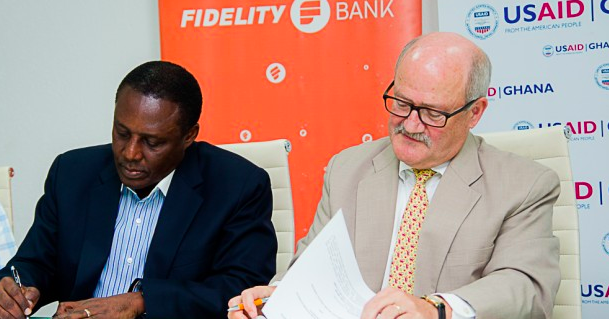Kenya’s plans to join the league of oil exporters finally became reality, after president Uhuru Kenyatta flagged off trucks loaded with oil from Lokichar basin in Turkana northwestern Kenya, destined for the port city of Mombasa, 1000 km away.
Over 100 trucks will haul some 2,000 barrels of oil per day, under the Early Oil Export Scheme (EOPS). The trucked oil will be stored at an oil refinery until the stockpile reaches at least 400,000 barrels.
The transportation was delayed for almost a year due to a row between the national government and the county government of Turkana over revenue sharing. However, a deal was reached last month.
According to the agreement, 75 percent of revenues will go to the national government, 20 percent to Turkana county government and 5 percent to the host community in Lokichar.
British firm Tullow discovered commercial oil reserves estimated at 750 million barrels in Turkana in 2012.
A $1.1 billion pipeline will be constructed between Lokichar to the ongoing Lamu port as the east African nation ramps up production to full capacity by 2022.
source: africanews.com


















